UN urges action as deadly clashes continue in Sudan between rival armed forces
The UN human rights office (OHCHR) on Saturday voiced concerns at reports of “wanton killings” by “Arab” militia in Sudan’s West Darfur supported by the Rapid Support Forces (RSF), called for “immediate action” to stop the killings.
“The High Commissioner for Human Rights calls on the RSF leadership to immediately, unequivocally condemn and stop the killing of people fleeing El-Geneina, and other violence and hate speech against them on the basis of their ethnicity,” OHCHR spokesperson Ravina Shamdasani said.
She said those responsible for the killings and other violence must be held accountable.
Since mid-April, ethnic violence broke out in Darfur largely by nomadic “Arab” groups in alliance with the RSF who have been battling Sudan’s national army forces for control of the country, which has led tens of thousands to flee into neighboring Chad.
The Geneva-based UN rights office said witnesses had given “corroborating accounts” of militias targeting men from the non-Arab Masalit people.
It said all but two of the 16 people it interviewed testified they had witnessed “summary executions” and the targeting of civilians on the road from El Geneina to the border between June 15 and 16.
“All those interviewed also spoke of seeing dead bodies scattered along the road -- and the stench of decomposition,” the UN said.
Fighting has continued to rage on in Sudan despite international efforts to restore a truce aimed to stem 11 weeks of warfare and to extend humanitarian aid across the impoverished African country.
The deadly conflict continued on Saturday with reports of artillery fire, air strikes and gun battles rocking the capital and elsewhere.
In Sudan’s greater capital area, comprising Khartoum, Omdurman, and Khartoum North, as well as in South Kordofan tensions remained high as the three-month long battle for power between the troops of Sudanese Armed Forces (SAR) and its rival, the Rapid Support Forces (RSF) lingers on, led by the army chief Abdel Fattah al-Burhan and his former deputy, RSF commander Mohamed Hamdan Daglo.
On Wednesday, a truce between the two warring parties expired, triggering heavy clashes between the two rivaling forces.
Meanwhile, as the fighting pursues, more and more residential areas are affected and the shortage of food, drinking water and medical supplies gets worse with electricity and running water cut in some districts of Khartoum.
Medical facilities in the main battlegrounds mostly remain out of service, according to the Sudanese doctors’ union. The few hospitals still operating are extremely low on medical supplies and struggling to obtain fuel to power generators.
Both sides had accused the other of using the ceasefire to redeploy military forces so as to spearhead attacks once the deal expired.
They used heavy artillery, rocket launchers, missiles, drones, and other weapons to attack each other in Khartoum and neighboring Khartoum North and Omdurman.
In Sudan’s vast western Darfur region on the border with Chad, the fighting has also intensified. In Al Fashir, the capital of North Darfur state, the fighting has continued for days as the two factions controlled the eastern and western parts of the city respectively, and clashed in residential areas, leading to the deaths of more than 100 civilians, according to calculation by local organizations.
In the South Darfur state capital Nyala, residents said they had been caught in the crossfire. They reported battles, shelling, and artillery strikes.
“Civilians were killed, and wounded are arriving at the hospital,” a medic told AFP on condition of anonymity.
“Both sides in the conflict need to sit together and negotiate a deal because the fighting in the war and the stalemate must end. Any war in the world should end through a solution, instead of always being like this,” said Yousif Widatallah Mohamed, a local resident in Khartoum.
No side appears willing to stand down, exacerbating the risk of prolonged conflict with regional ramifications.
More than 150,000 people have fled Darfur over the border to Chad, according to the International Organization for Migration.
Chad, which already hosted more than 680,000 refugees, needs massive financial and technical support to confront this “unprecedented migratory crisis,” Prime Minister Saleh Kebzabo said on Saturday.
Also, as the rainy season approaches in Sudan, the World Health Organization and the Central Committee of Sudanese Doctors have both warned that many parts of the country are at risk of widespread epidemics such as measles, malaria, and dengue fever.
Meanwhile, aid has reached at least 2.8 million people, the UN said, but agencies report major hurdles to their work, from visas for foreign humanitarians to securing safe corridors.
In Sudan alone, the United Nations says a record 25 million people, which is more than half of Sudan's population, are in dire need of humanitarian aid and protection.
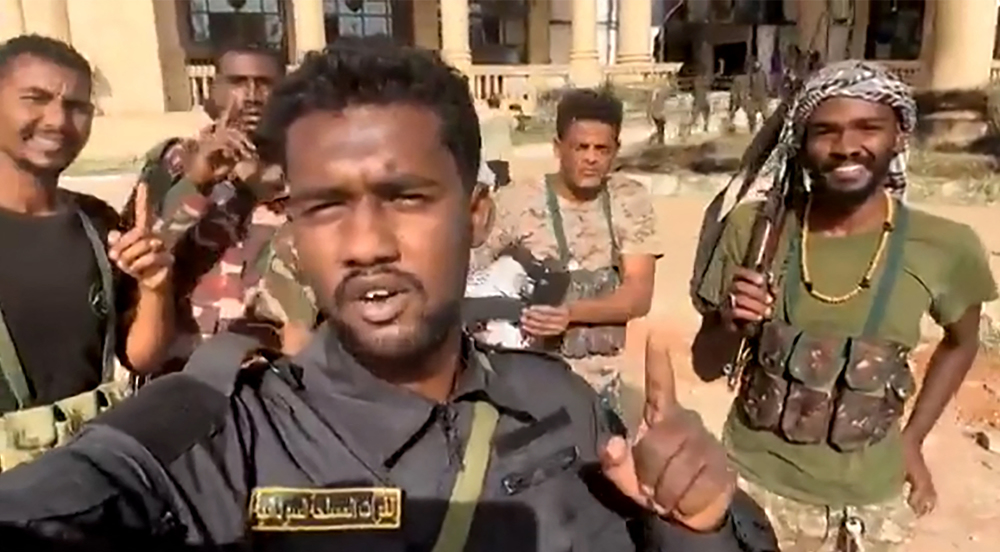
Sudan army recaptures Khartoum presidential palace
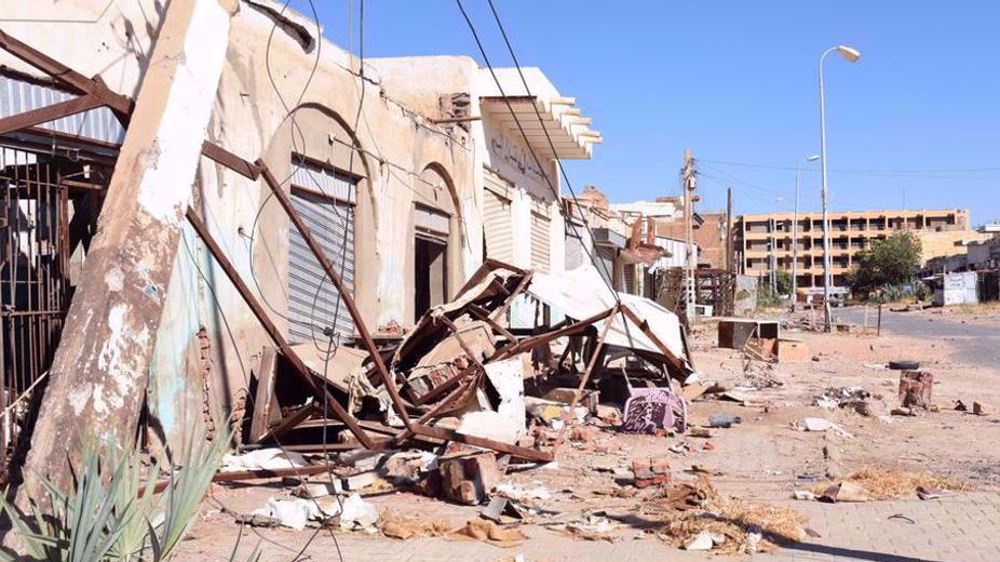
Sudan takes UAE to UN court over 'complicity in genocide'
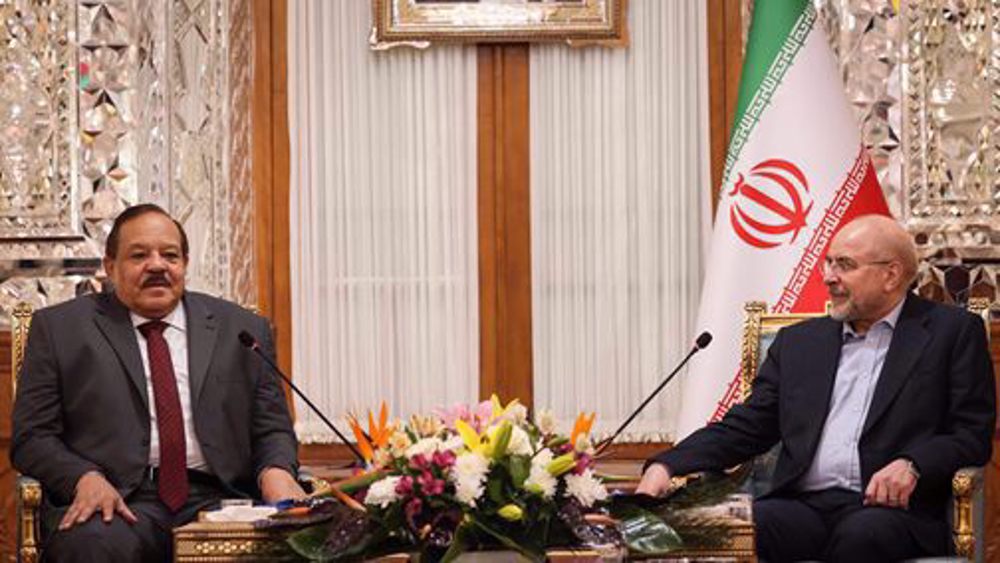
Iran urges establishment of stability, sovereignty in Sudan: Qalibaf
Intl. Quds Day is a global movement to end Israeli genocide and free Palestine
2026 World Cup Qualifiers: Palestine stun Iraq 2-1 while Norway rout Israel 4-2
Italy sounds alarm bells on US tariffs, EU bureaucracy
'Unprecedented damage': 24 killed in South Korea's worst wildfire
Israeli soldier in Romania faces criminal lawsuit over Gaza crimes
Iran urges Syrian regime to act against mass killing of civilians
Over 1,400 arrested as protests continue in Turkey despite ban
VIDEO | Press TV's news headlines


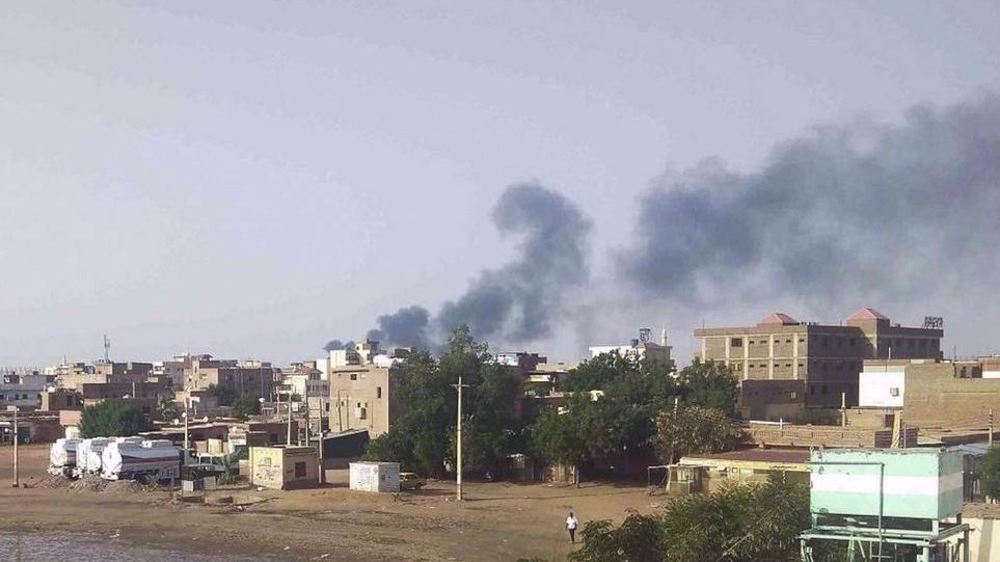
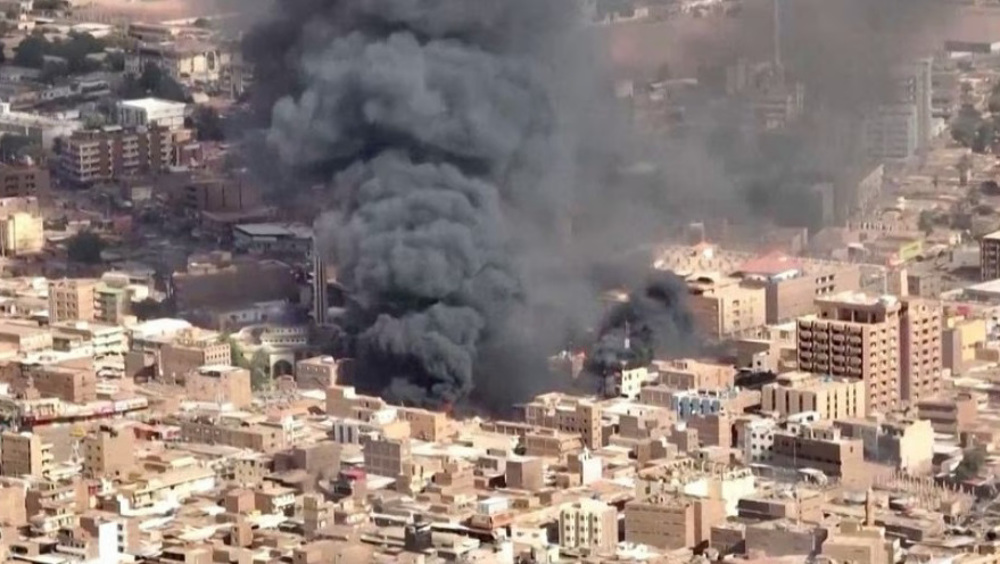
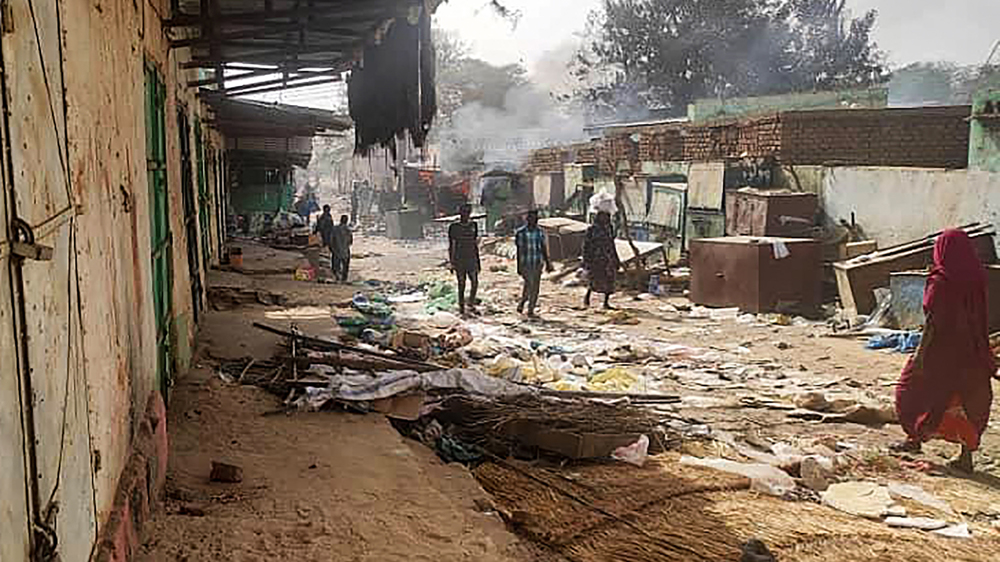



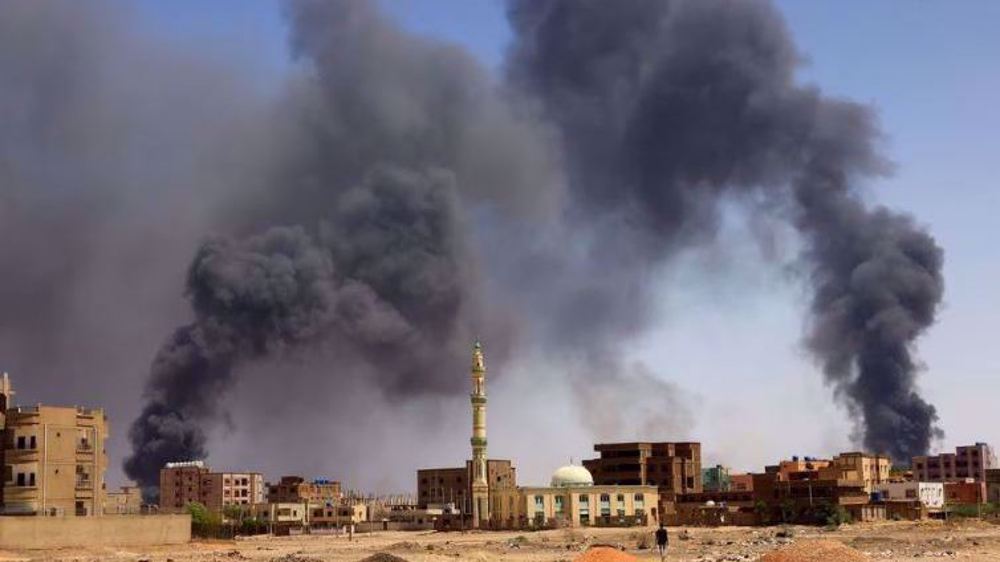

 This makes it easy to access the Press TV website
This makes it easy to access the Press TV website